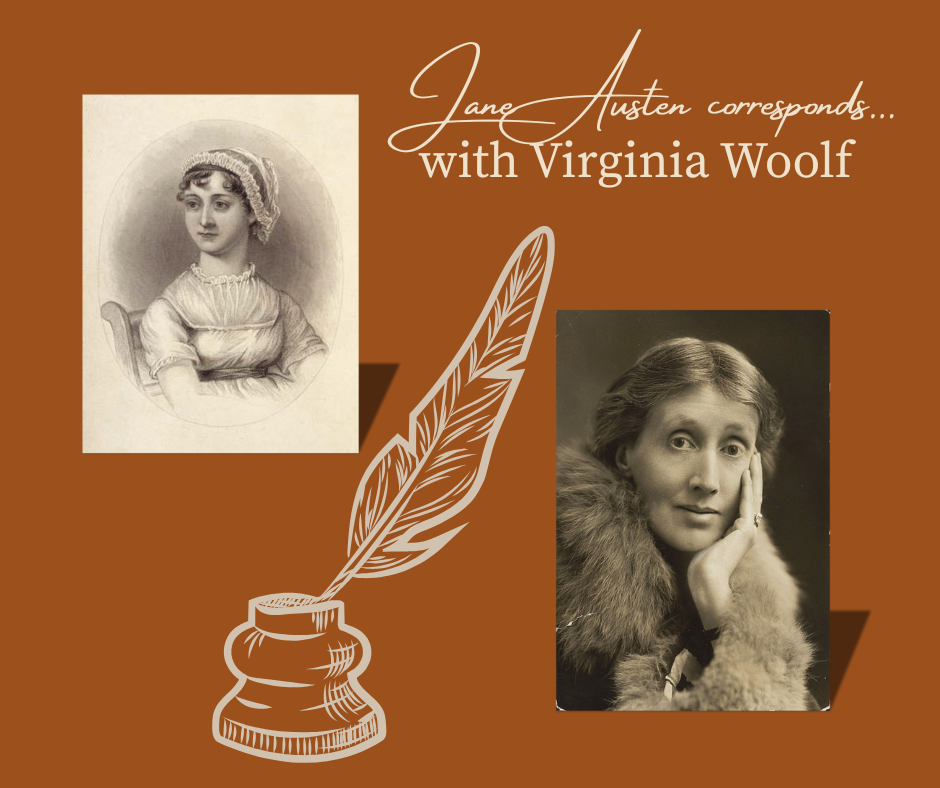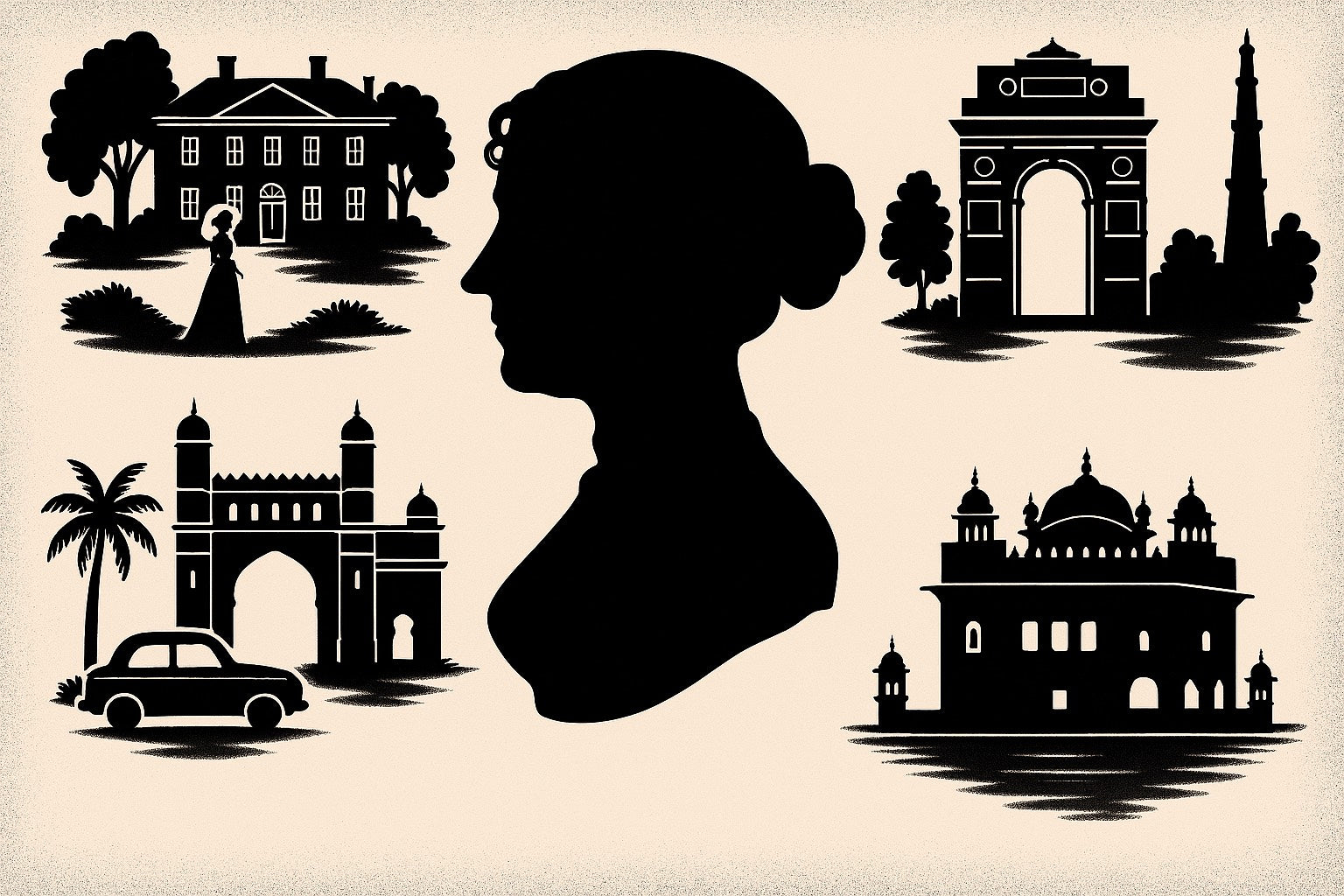Jane Austen corresponds...with C.S. Lewis

This blog is the finale in a series of three posts imagining Jane Austen writing back to authors who have been inspired by her work. Click here to read the first letter to Henry James, and the second to Virginia Woolf.
Dear Sir
I take this opportunity to thank you for the honour you have bestowed on my Novels, in your most obliging consideration of their merits.
I have received notice from my friends, Mr F. R. Leavis and Miss Woolf, that I am indebted to you for your candid reviews of my modest compositions and hope to remain in your favour ever whilst I raise a small matter of ‘plot’ with you in this correspondence.
In hoping to engage you on this topic, I ask leave to be equally candid and to-the-point in expressing to you my opinions, which I can only excuse as originating from an overwhelming abundance of immodest hopes for the advancement of my beloved Novels.
In the spirit of openness, I will own that you have found me out and therefore willingly acknowledge to you the running theme of “undeception or awakening” (1) to which many of the characters from my early novels must succumb in order to proceed to a satisfactory conclusion. Be that as it may, I am most concerned to discover that in estimating my work, you have determined four of my novels to consist of a “common pattern” (2) and moreover, that you feel entitled to speak of these works as possessing “one plot”. (3) Believe that I hope to be guided hereafter by your direction on all matters however on this topic I feel most strongly, and am supported in my belief by the learned Mr F. R. Leavis, that an unnecessarily hasty conclusion has been reached without considering the motivations which guide my literary efforts. You Sir discern within this most humble servant of literature, an artist “unexacting of heroics” (4) and obedient only to the duties of depicting “people in ordinary circumstances”. (5) I fear that these tendencies have reflected poorly on me in your opinion. I find however that Mr Leavis takes an opposite view to yourself, in feeling that within my novels I have “fully satisfied the rival claims of life and art” (6) by evoking an orderly composition which is also a convincing picture of life”. (7)
You may argue of course, that a novel with “few great sacrifices” (8) is also apt to “envisage no grandiose schemes”. (9) In contrast I find our friend Mr Leavis promotes the intensity of the “moral preoccupations that characterize (my) peculiar interest in life” (10) as resulting in a dramatic impersonation of “moral tensions” (11) which endear us to life. I ask you Sir, have you not known the drama of a ballroom scene where a person may “in one moment (undergo) such a change! From perfect misery to perfect happiness”? (12) I thereby charge you to consider that although composition in my Novels is as pressing a concern as with any author, my “interest in composition is not something to be put over against (my) interest in life” (13) and with just cause.
Believe me, dear Sir,
Your obliged & faithful Humble Servant,
J.A.
Niki Lindsay has a deep appreciation for classic literature, especially the works of Jane Austen, which inspired her to study English Literature at university. Continually reading, rewatching adaptations, and listening to her novels serves as her therapy and never fails to entertain her. This deep appreciation, which is amusing to her family, has nevertheless helped her connect with others who share the same enthusiasm and elevated her social interactions.
Notes:
1-5. C. S. Lewis, ‘A Note on Jane Austen’, from ‘Jane Austen, A Collection of Critical Essays’, edited by Ian Watt
6-7. 7 F. R. Leavis, ‘The Great Tradition’, from
http://archive.org/stream/greattradition031120mbp/greattradition031120mbp_djvu.txt
8-9. Lewis. 'A Note on Jane Austen.'
10-1. Leavis. 'The Great Tradition.'
12. Jane Austen. Emma.
13. Leavis. 'The Great Tradition.'



Leave a comment
This site is protected by hCaptcha and the hCaptcha Privacy Policy and Terms of Service apply.